14 GPTs for Literature Search Powered by AI for Free of 2026
AI GPTs for Literature Search refer to a subset of generative pre-trained transformer technologies tailored to facilitate and enhance the process of searching, analyzing, and understanding literature. These tools leverage advanced machine learning algorithms to parse vast amounts of text data, identifying patterns, themes, and insights that would be difficult for humans to discern unaided. They are designed to support tasks ranging from simple literature retrieval to complex analysis and summarization, making them invaluable for researchers, academics, and anyone interested in delving deeper into literature.
Top 10 GPTs for Literature Search are: Literature Review,AicademiQ,Semantic Scholar GPT,护理科研Focus科研顾问,Ocean Explorer,Medi Scholar,Cochrane Navigator,DEL Expert,PósEngenhariaDeProduçãoBR,万能秘书
Literature Review
Empowering Research with AI-Powered Reviews
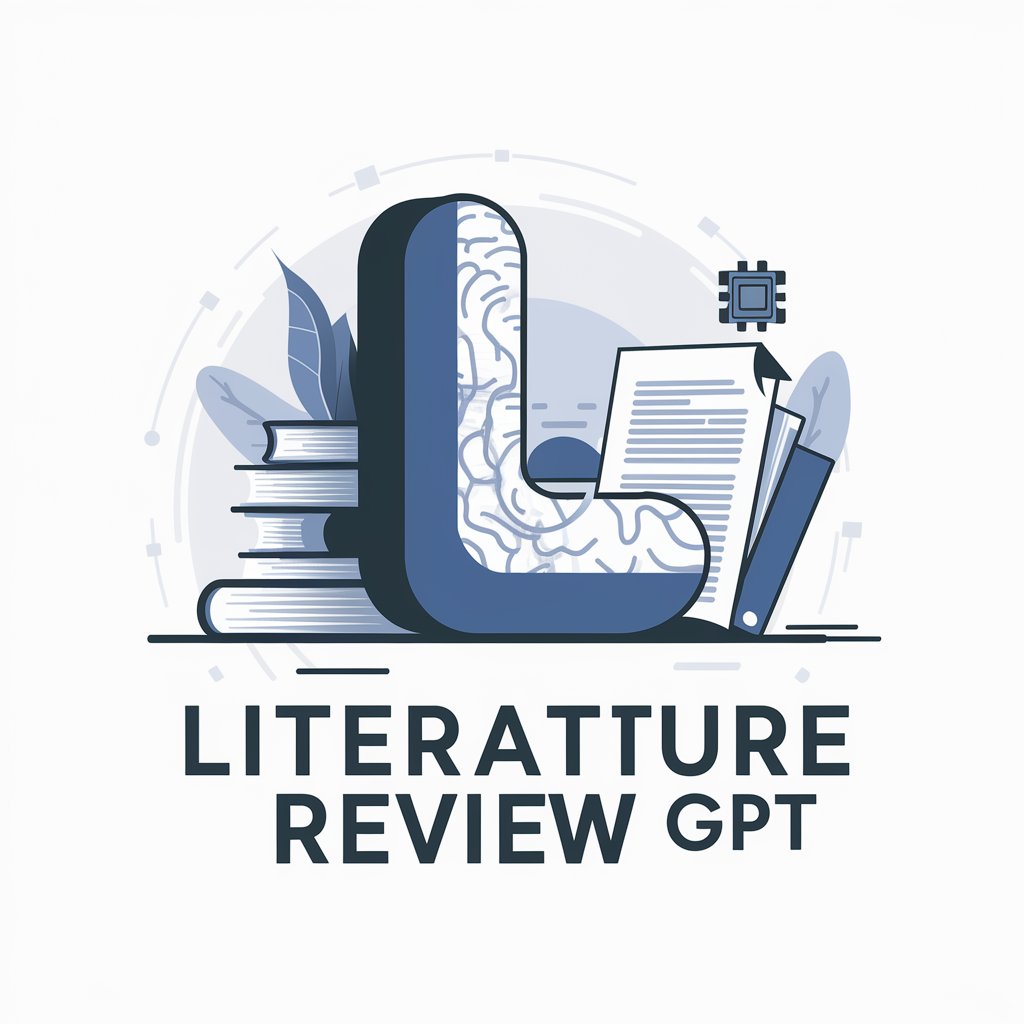
AicademiQ
Elevate research with AI-driven insights
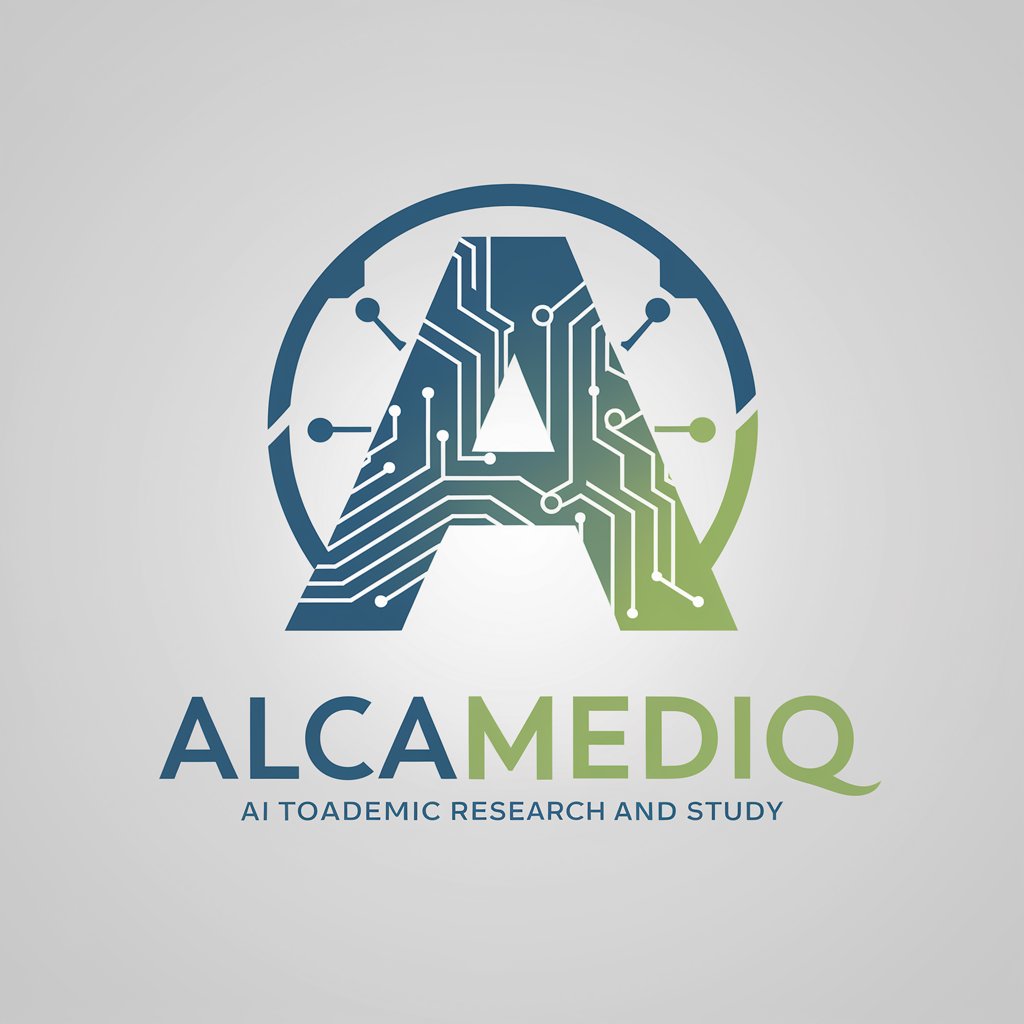
Semantic Scholar GPT
Empowering Research with AI-Driven Insights
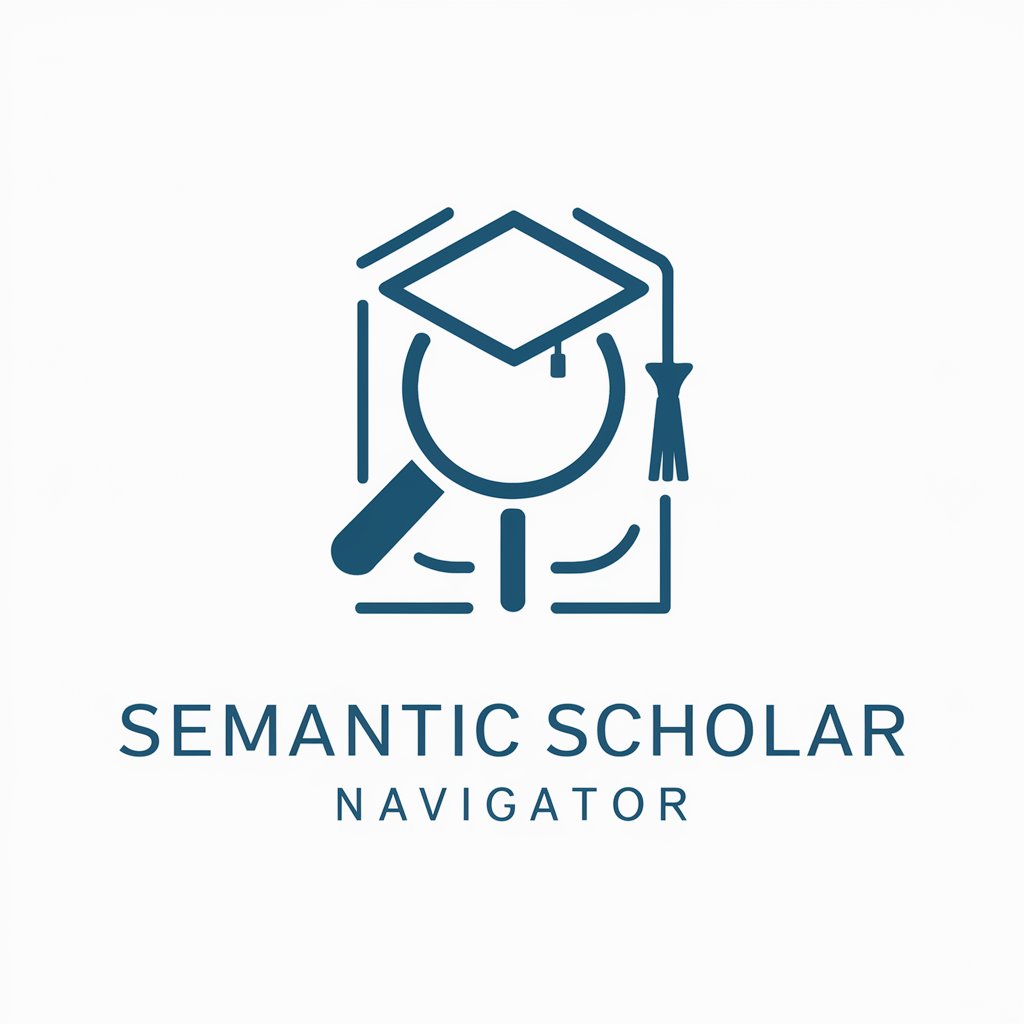
护理科研Focus科研顾问
AI-powered assistance for nursing research

Ocean Explorer
AI-powered research analysis and exploration.
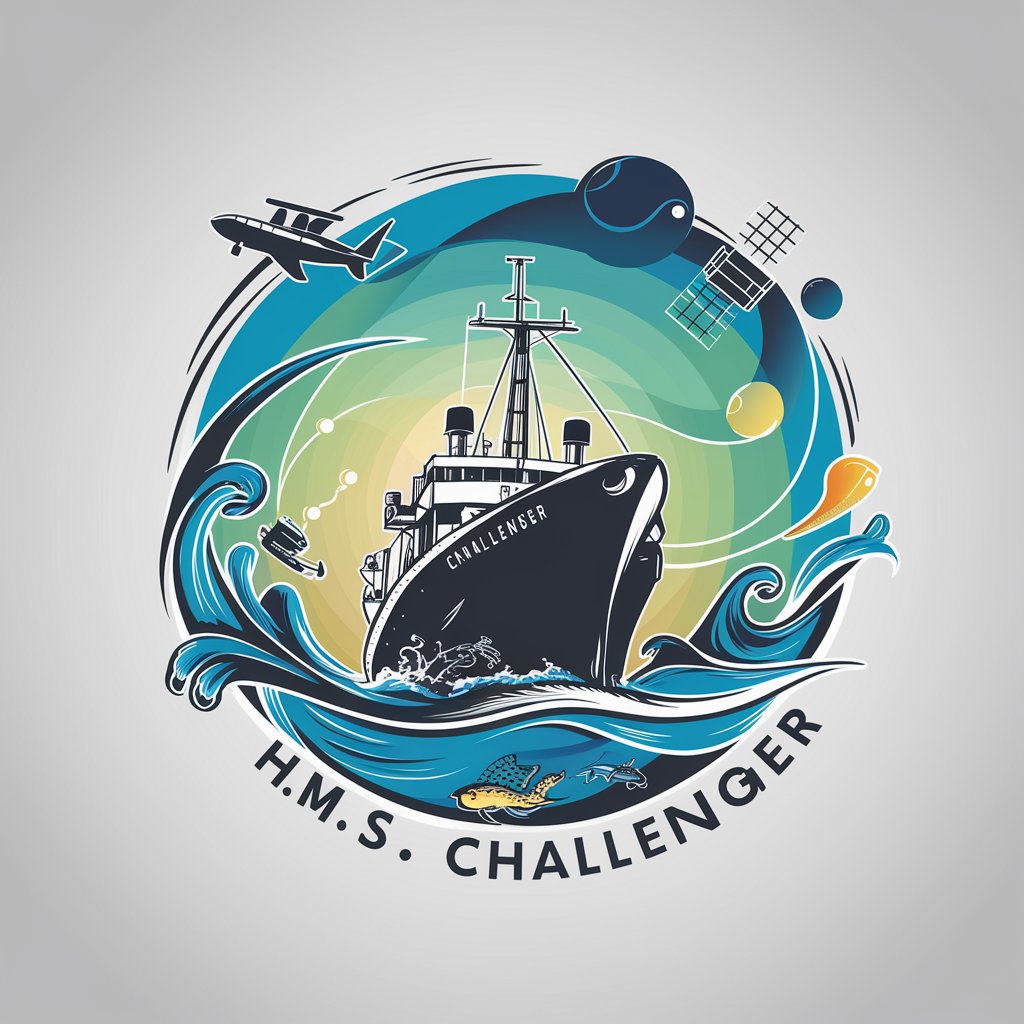
Medi Scholar
Empowering Medical Learning with AI
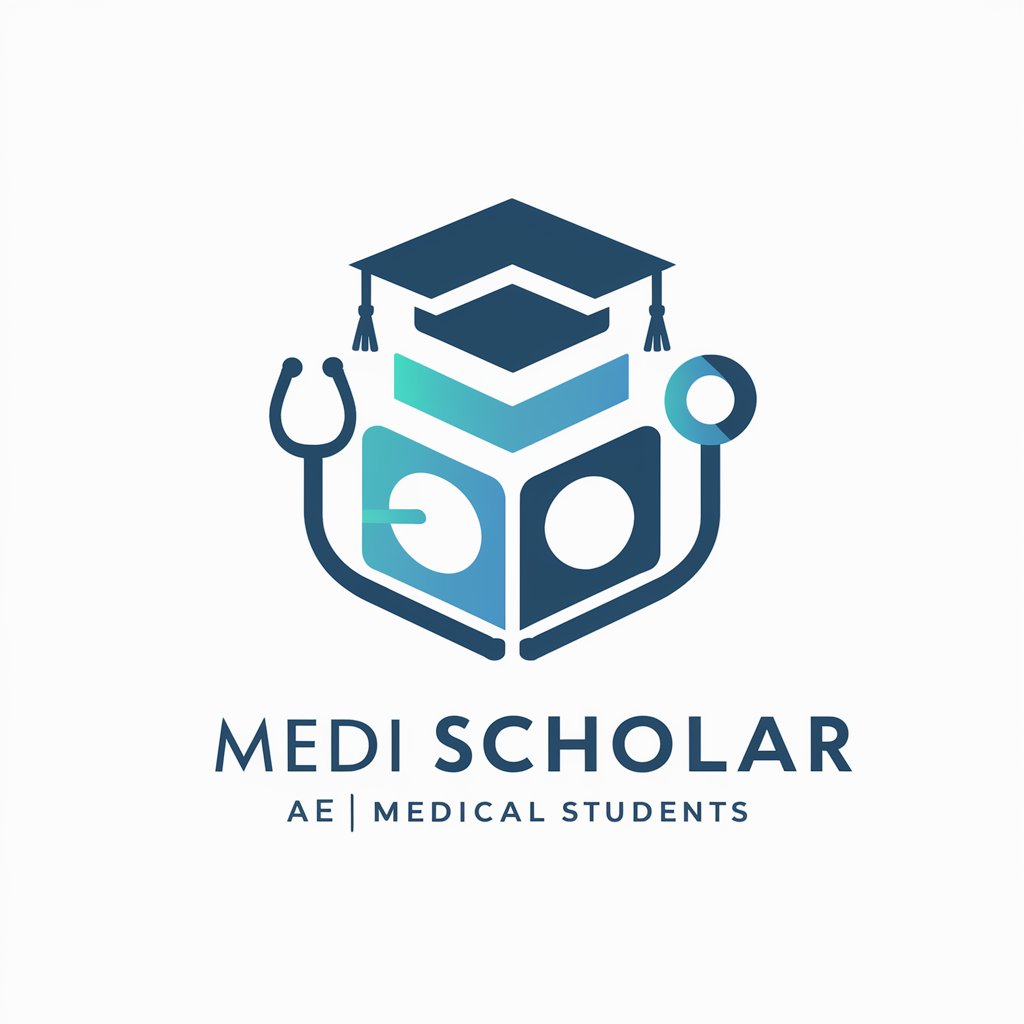
Cochrane Navigator
Streamlining Systematic Reviews with AI
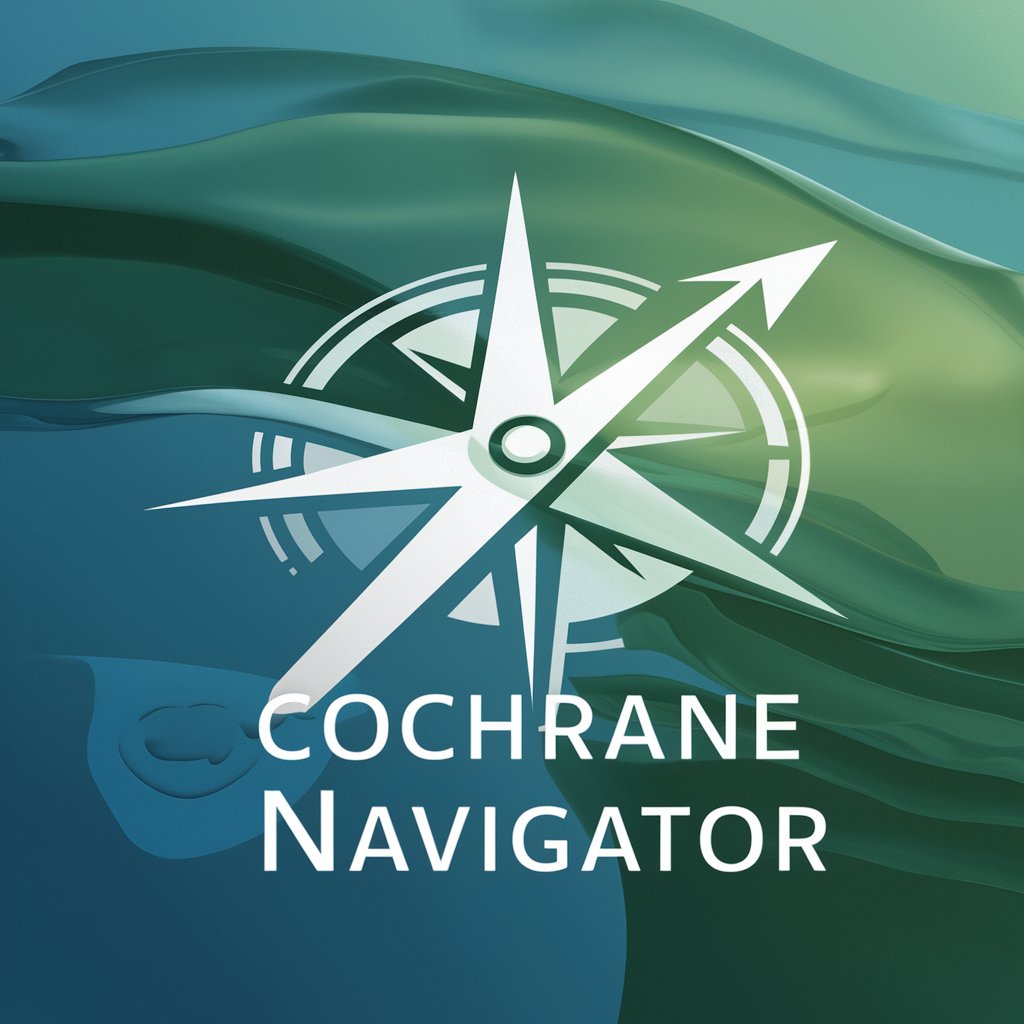
DEL Expert
Empowering DEL Research with AI

PósEngenhariaDeProduçãoBR
Enhancing research with AI-powered insights

万能秘书
Empowering creativity and research with AI
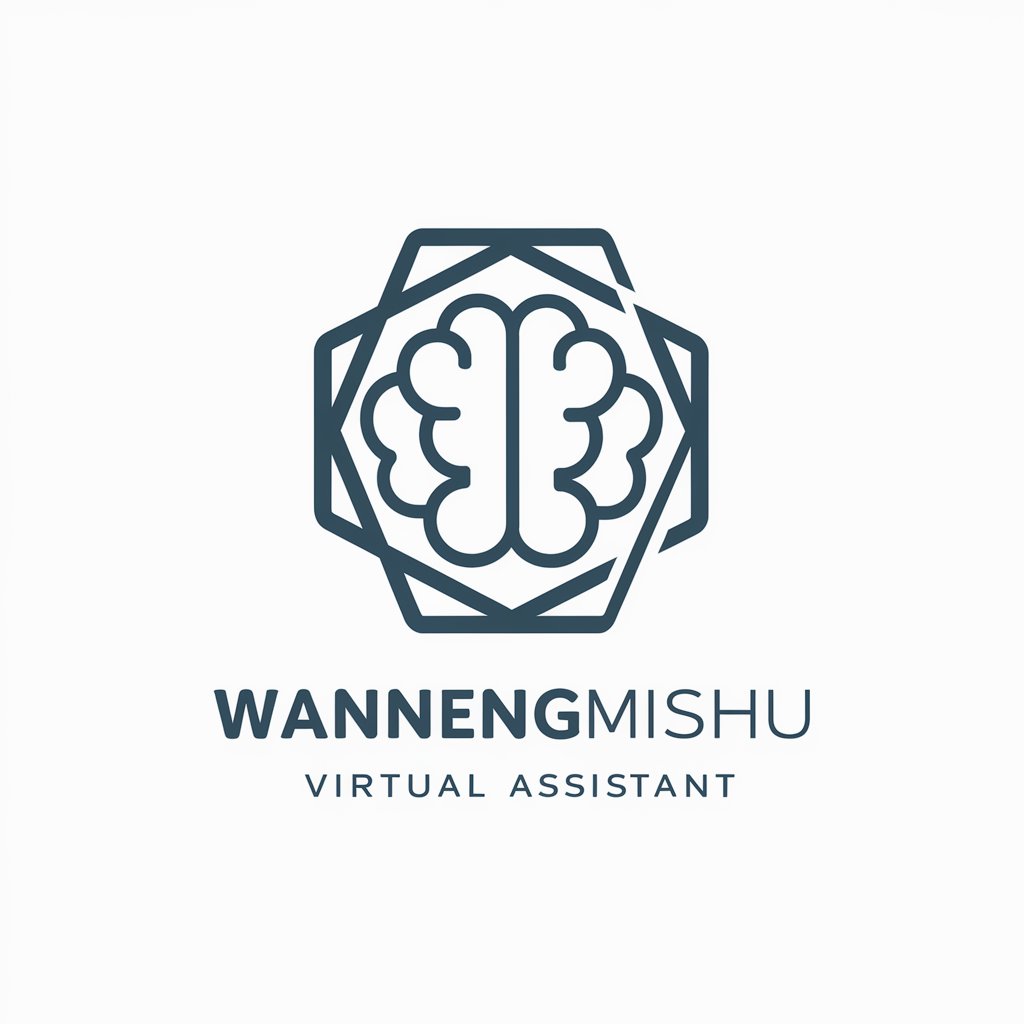
AI PubMed MesH
Empowering Research with AI-Driven MeSH Insights
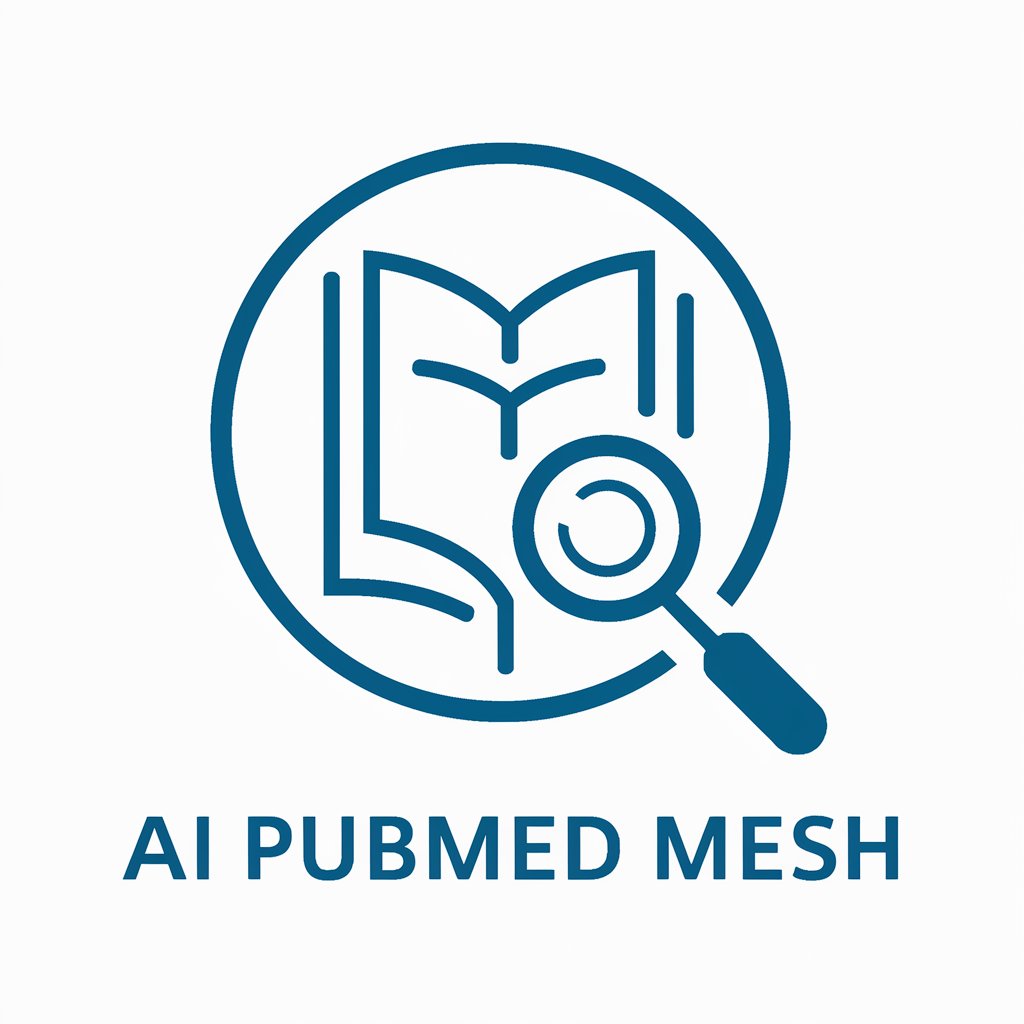
Search Sparrow
Empowering your research with AI-driven search strategies.
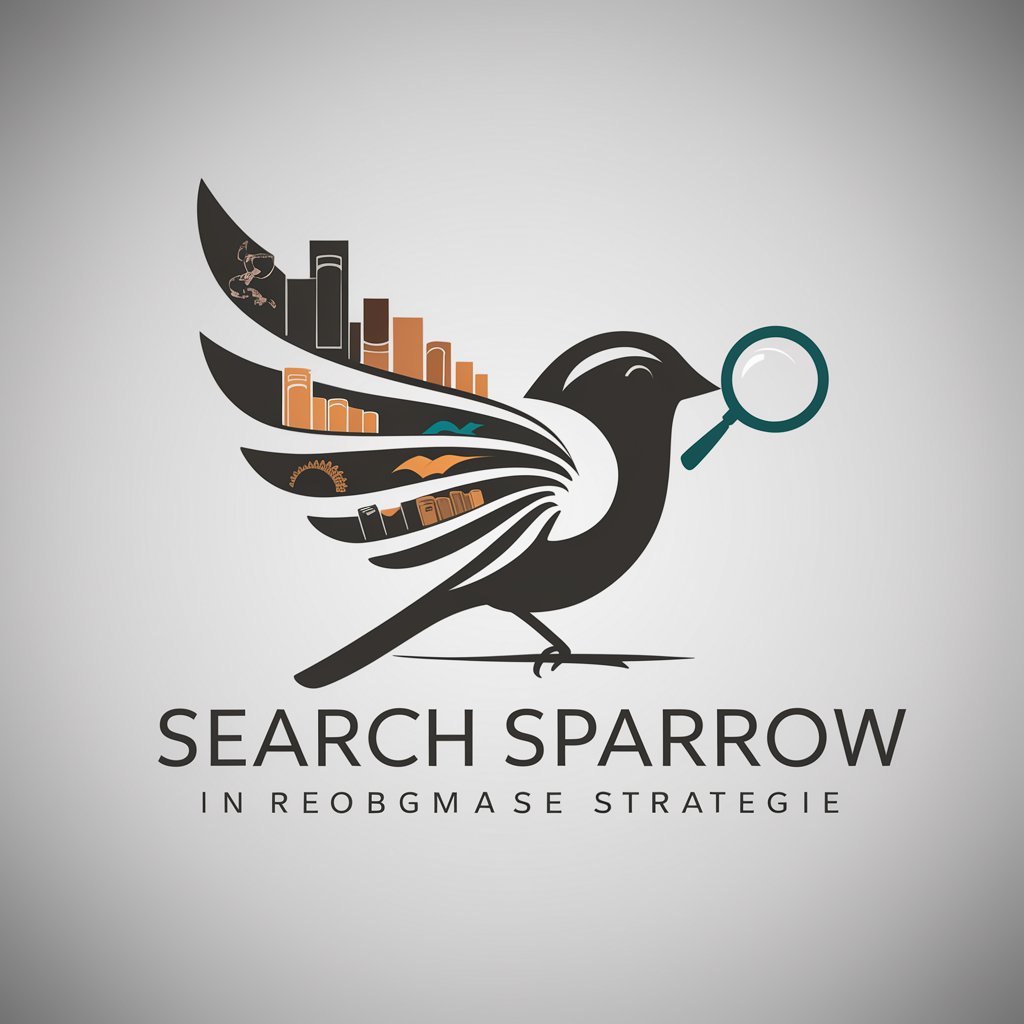
Academic Aide
Powering Your Engineering Projects with AI

Academic Writing Lab
Streamlining Academic Publishing with AI
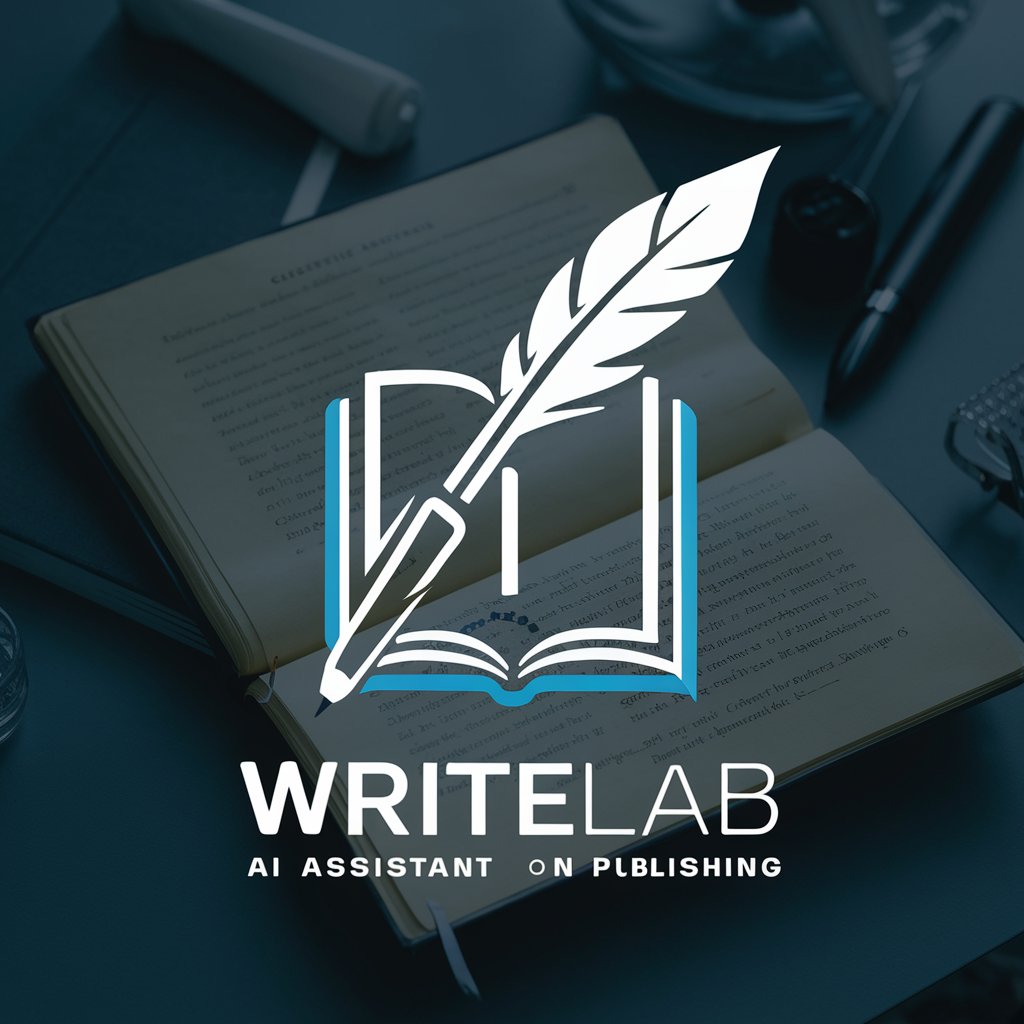
Key Attributes and Functions
AI GPTs for Literature Search stand out due to their adaptability, precision, and depth of analysis. These tools can handle a variety of tasks, from identifying relevant literature based on keywords to providing summaries of complex documents. They are capable of understanding context, making connections between different pieces of literature, and even generating new insights based on the data they analyze. Special features include natural language processing for nuanced understanding, web searching capabilities for retrieving the latest research, and data analysis tools for trend identification within literature.
Who Benefits from Literature Search AI
The primary beneficiaries of AI GPTs for Literature Search include students, researchers, and professionals across various fields who require in-depth literature analysis. These tools are accessible to novices, offering user-friendly interfaces and guidance for conducting effective searches. At the same time, they offer advanced customization options for developers and professionals with coding skills, allowing for more tailored search parameters and integration into existing research workflows.
Try Our other AI GPTs tools for Free
Holiday Optimization
Discover how AI GPTs for Holiday Optimization can transform your travel planning with personalized recommendations, itinerary optimization, and seamless booking management.
Vacation Scheduling
Discover how AI GPTs revolutionize vacation planning, offering personalized itineraries, booking management, and seamless integration for an unparalleled travel experience.
Meditative Aid
Discover how AI GPTs for Meditative Aid can transform your meditation practice with personalized guidance, emotional support, and mindfulness exercises tailored to your needs.
Interpersonal Harmony
Discover how AI GPTs for Interpersonal Harmony can transform your communication and relationships with advanced, tailored AI solutions designed to foster understanding, empathy, and conflict resolution.
Casting Advice
Discover how AI GPTs for Casting Advice can transform your casting process with data-driven insights and tailored recommendations for any project.
Birthday Surprises
Discover how AI GPTs transform birthday celebrations with personalized, creative solutions. From planning to execution, make every moment unforgettable.
Expanding Horizons with AI in Literature Research
AI GPTs for Literature Search not only streamline the research process but also open new avenues for discovery. Their ability to quickly sift through vast amounts of data and extract meaningful information transforms the way literature is searched and analyzed. Furthermore, their user-friendly interfaces ensure that even those new to research can leverage the power of AI, while integration capabilities allow for seamless incorporation into existing systems, enhancing productivity and enabling more innovative research outcomes.
Frequently Asked Questions
What are AI GPTs for Literature Search?
AI GPTs for Literature Search are specialized tools that use machine learning to assist in finding, analyzing, and summarizing literature.
Who can use these AI GPTs tools?
Anyone from novices to professionals in research and academia can use these tools to enhance their literature search and analysis efforts.
Do I need coding skills to use these tools?
No, these tools are designed to be user-friendly for those without coding skills, though they also offer advanced features for those who can code.
How do AI GPTs improve literature search?
They improve search by providing deep, contextual analysis, identifying trends, summarizing texts, and connecting related literature.
Can AI GPTs handle multiple languages?
Yes, many of these tools are equipped with multi-language support, making them capable of searching and analyzing literature in various languages.
Are these tools customizable?
Yes, they offer a range of customization options for advanced users, including developers and researchers with programming skills.
Can AI GPTs integrate with existing research workflows?
Absolutely, their flexible architecture allows for integration into a variety of research and academic workflows.
What makes AI GPTs different from traditional search engines?
Unlike traditional search engines, AI GPTs understand context, analyze content, and can generate new insights, offering a deeper and more nuanced literature search experience.